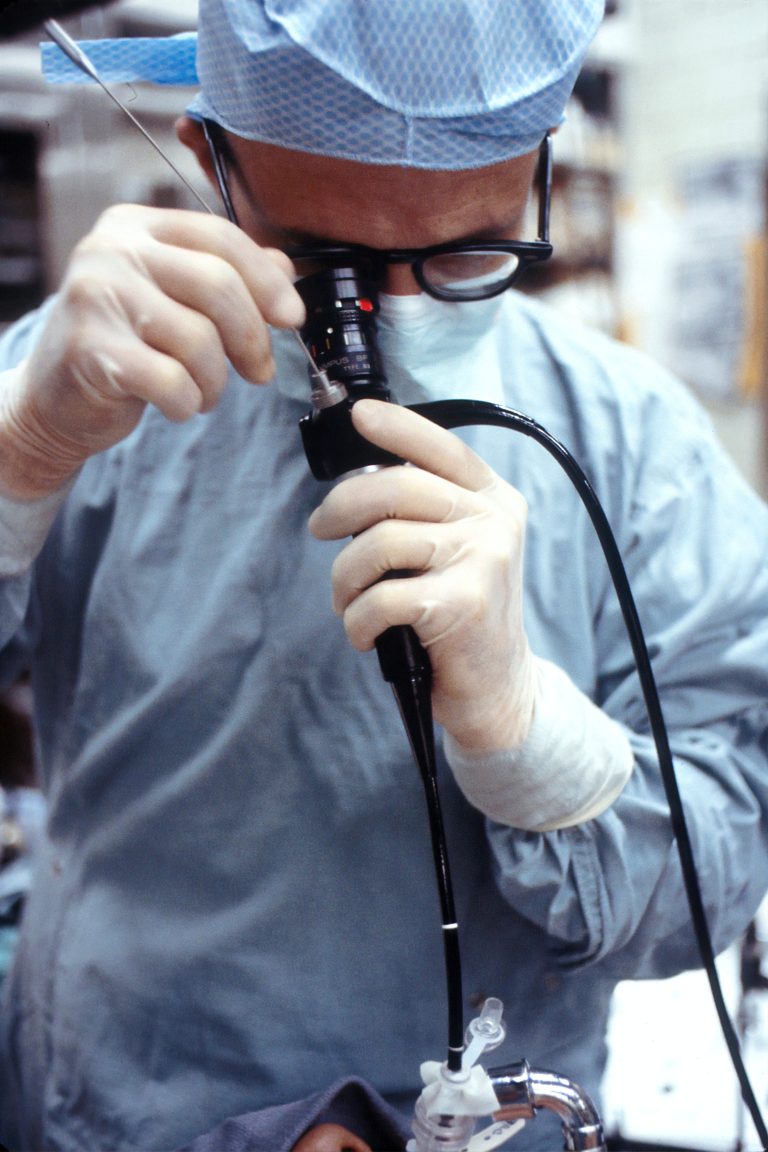
Prostatitis symptoms, causes and treatment.
Overview:
Prostatitis is a disorder of the prostate gland, often accompanied by inflammatory pain. Prostatitis often causes difficulty urinating or pain when urinating, and pain in the groin, pelvic or genital areas. Some, but not all, cases of prostatitis are caused by a bacterial infection.
The prostate gland, which is about the size of an acorn, is located just below the bladder in men. They surround the top of the tube that discharges urine from the bladder (urethra). The prostate and other sex glands secrete the fluid through which sperm travels when ejaculating (semen).


Species
There are four types of prostatitis:
- Acute bacterial prostatitis, a bacterial infection of the prostate, is often accompanied by sudden and severe symptoms.
- Chronic bacterial prostatitis, a persistent or recurrent bacterial infection, often accompanied by less severe symptoms.
- Chronic prostatitis/pelvic pain syndrome, which is a persistent or frequent symptom of pelvic and urinary tract pain, with no signs of infection.
- Asymptomatic prostatitis and involves signs of asymptomatic prostatitis
Symptoms
Signs and symptoms of prostatitis may vary, depending on its type: they may include:
- Pain or burning during urination (dysuria)
- Difficulty urinating, such as dripping or cutting urination
- Frequent urination, especially at night (nocturia)
- Feeling an urgent need to urinate
- cloudy urine
- Appearance of blood in the urine
- Pain in the abdomen, groin, or lower back
- Pain in the area between the scrotum and rectum (perineum)
- Pain or discomfort in the penis or testicles
- Feeling pain during ejaculation
- Fever, chills, muscle aches and other flu-like symptoms (in acute bacterial prostatitis)
- When should you visit a doctor?
- Several conditions can cause signs and symptoms of prostatitis. It is therefore important to accurately diagnose the condition and receive treatment as soon as possible.
You should get immediate care if you have any of the following:
- Inability to urinate
- Difficulty or pain in urination, accompanied by a fever
- Presence of blood in the urine
- Feeling severe discomfort or pain in the pelvic or genital area
The Reasons:
The causes of prostatitis vary according to its type.
Acute bacterial prostatitis is usually caused by common types of bacteria. The infection may have spread from other parts of the urinary or reproductive system.
Chronic bacterial prostatitis generally occurs for the same reason as acute bacterial prostatitis. It may occur as a result of an acute infection not being treated long enough or failing to kill all the bacteria.
Chronic prostatitis/chronic pelvic pain syndrome is a poorly understood type. But research suggests that a number of factors may play a role. These factors include previous infection, nervous system dysfunction, immune system dysfunction, stress, or hormonal imbalance.
Finally, asymptomatic prostatitis, a type that occurs without a known cause, often appears only during examination for other medical conditions, and is not treated.
Risk factors Among the factors that cause prostatitis:
Young or middle age
Previous infection with prostatitis.
Infection of the urinary tract or reproductive system
HIV infection or AIDS
Using a tube inserted into the urethra to remove urine from the bladder (urinary catheter)
Prostate tissue sampling (biopsy) for diagnosis.
Other risk factors for chronic prostatitis/chronic pelvic pain syndrome include:
Psychological stress.
Nerve damage in the pelvic area as a result of surgery or physical injury.
Complications
Complications of acute and chronic prostatitis can include:
Bacterial infection of the blood (bacteremia)
Inflammation of the coiled tube attached to the back of the testicle (epididymitis)
A pus-filled sac in the prostate (prostatic abscess)
An infection that extends to the upper pelvic bone or lower spine
Complications of chronic prostatitis/chronic pelvic pain syndrome may include:
anxiety or depression
Sexual dysfunction, or the inability to get or keep the penis erect (erectile dysfunction)
Changes in sperm and semen may cause infertility
There is no direct evidence that prostatitis may cause prostate cancer. Researchers are studying whether chronic prostatitis is a risk factor for cancer.
Imagine Not Having To Worry Again… Regain Your Confidence And Take Control Of Your Life! Imagine Your Moment Of Freedom! Fluxactive Complete contains a proprietary formula consisting of a group of 14 essential prostate and bladder antioxidants, minerals, vitamins and herbs. Each key prostate wellness ingredient was carefully researched and chosen to provide holistic support. This unique formula is designed to address multiple factors necessary to support lasting prostate health, including optimal flow support.





